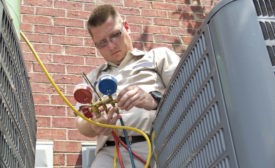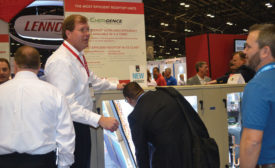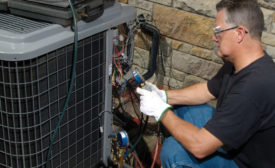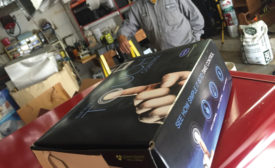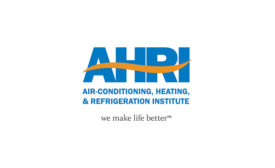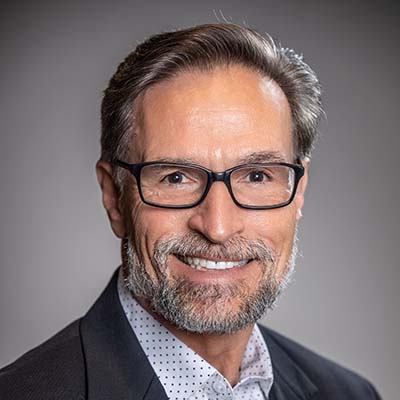Home » regulations for HVACR
Articles Tagged with ''regulations for HVACR''
The Second Coming of Regional Standards?
New a/c standards would represent a 50 percent jump in efficiency over 2006 standards
Read More
R-22 Phaseout Slashes Supply to 18M Pounds
Refrigerant Phaseout, SNAP changes, and more will affect HVACR industry in 2016
Read More
2016 Elections to Impact Industry Regulatory, Legislative Action
A shortened legislative calendar and an outgoing administration bring challenges in 2016
Read More
Top Regulatory Issues of 2016
Industry leaders discuss this year’s most relevant regulatory concerns
Read More
Your Vote Counts, So Pay Attention
Do you know where the candidates stand on issues that affect your business?
Read More
AHRI Annual Meeting Draws Record Attendance
Organization updates members on the latest industry news, recognizes its top achievers
Read More
Copyright ©2024. All Rights Reserved BNP Media.
Design, CMS, Hosting & Web Development :: ePublishing

